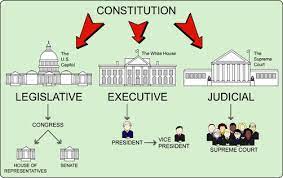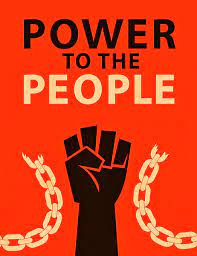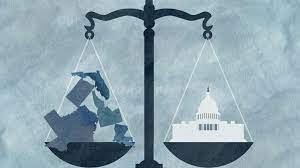PRINCIPLES OF GOVERNMENT
1/6
Earn XP
Description and Tags
Name | Mastery | Learn | Test | Matching | Spaced |
|---|
No study sessions yet.
7 Terms
Separation of Powers
executive (president & advisors), judicial (local, state & federal governments, supreme court), legislative branch (House and Senate, Congress)

Checks and Balances
each branch has the ability to stop the power of another branch so no one branch gets too powerful
Limited Government
not a dictatorship, citizens have rights
Rule of Law
everyone must follow the laws. “no one is above the law”
Popular Sovereignty
‘people’s power’ - government based on consent of the people

Judicial Review
‘Power of the branches’ - not in the constitution, comes from a supreme court case, allows the supreme courts to look at laws and determine if they are constitutional or unconstitutional

Federalism
separation of powers between national and state governments
